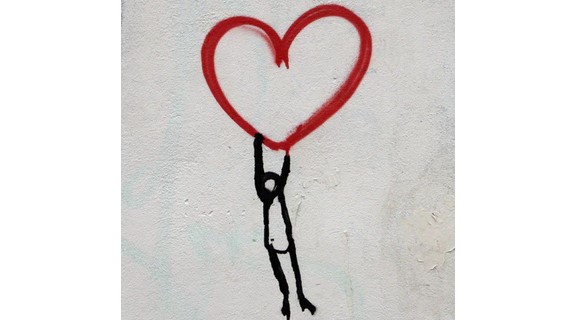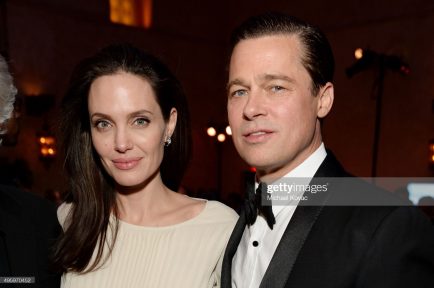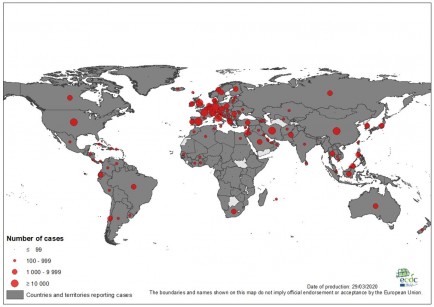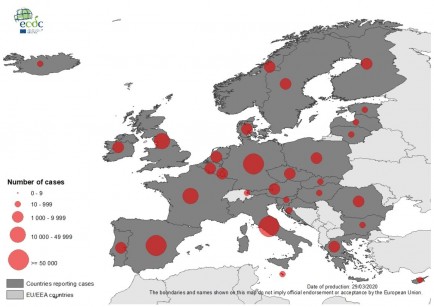In Old English, the word ‘heart’ had multiple meanings: breast, soul, spirit, will, desire, courage, mind, and intellect. To have a broken heart then, was to also have a broken spirit, soul, and mind. Yet, in our modern world with our contemporary language, we tend to give more credence to physical pain than to its emotional or spiritual equivalents. If someone has a physical illness or injury, we can easily sympathize, but when it comes to heartache, we shy away from expressing or engaging with it too freely.
And when we do, we tend to place emotional pain on a sliding hierarchical scale. The death of a family member will automatically receive more sympathy than the death of a beloved pet, even if you were far closer to your dog than your grandma. Divorce is treated with hushed solemnity while people have relatively limited sympathy for breakups, regardless of the length or intensity of the relationship. And this, according to psychologist and author of How to Fix a Broken Heart, Guy Winch, is deeply unfair. As a practicing psychologist, Winch has witnessed first-hand how heartbreak and the loss of a pet are the only two occasions on which people tend to trivialize their own pain and feel embarrassed about how deeply affected they are. They feel foolish and second-guess the depth of their grief, as if there is an appropriate, more socially-acceptable, way to react.
But heartbreak can be just as intense as deep physical pain. Studies using fMRIs to analyze brain activity have shown that our brains react the same way to emotional pain as they do to physical pain. On a scale of 0 – 10, where 0 = no pain and 10 = intolerable pain, heartbreak tends to clock in around 8. “If somebody was in physical pain that was an 8 on a scale of 1-10, and they were living like that for weeks, […] we would have real sympathy for them. We wouldn’t expect them to function at their jobs or in school. […] We don’t afford that same courtesy to people who are heartbroken because we don’t perceive it in the same terms.”
But heartbreak and loss are just as unmooring as any physical sensation and deserve the same level of care. Winch describes the feeling of heartbreak thus: “It is this incredibly sharp pain. This feeling that your world has just come to an end. That everything around you is crumbling. Your body literally goes into some kind of emotional shock where you feel these feelings of unreality […] where everything feels surreal, that the world is going on around you but your world has stopped. […] You obsess about it. You go through every moment of the breakup, you try and understand it, you think about the person, you try and undo it. […] It’s completely decentralizing. People, even if they try and get themselves up and go to work, they are distracted, they are not themselves, they are completely preoccupied. And that can go on for a very long time.”
Allowing ourselves and others time to grieve the loss of a pet or separation from a partner are essential to our long-term emotional and mental wellbeing. There is no handbook for how to react in these situations and everyone will cope differently, but don’t add to your burden by mentally berating yourself — or anyone else — if healing your heart takes a long time. And just like the grief we associate with the death of a close loved one, sometimes you’ll be fine, and sometimes the pain will blindside you out of nowhere. But that’s all part of the process that you need to allow yourself. There is no right or wrong way to feel, or to heal.
There are, however, some tips that will help you get to a more manageable place. According to Winch, the following will make it easier. Do things that soothe you. These things should not involve ice-cream or alcohol. Talk through what happened with a friend. Remove reminders of the person or pet. This will feel ruthless, but you’re already thinking about them all the time. You don’t need extra reminders. Don’t indulge in social media stalking. In fact, in the case of a breakup, it might be best to disconnect on social media completely and reconnect later when you’re feeling up to it. Think about your identity and how you want to redefine yourself after this loss. Try hard to see the opportunities that this loss leaves in its wake. Perhaps, most importantly, it’s essential to be supportive of those around you who are going through heartache of any kind. Accept that everyone’s process is unique and that it has to take the time it takes. Some people will recover quickly, some people will take years. There is no right or wrong way. And when your own heart gets broken, extend that same compassion to yourself.
Original article: https://www.blinkist.com/magazine/posts/simplify-broken-heart-tlc




























Comments